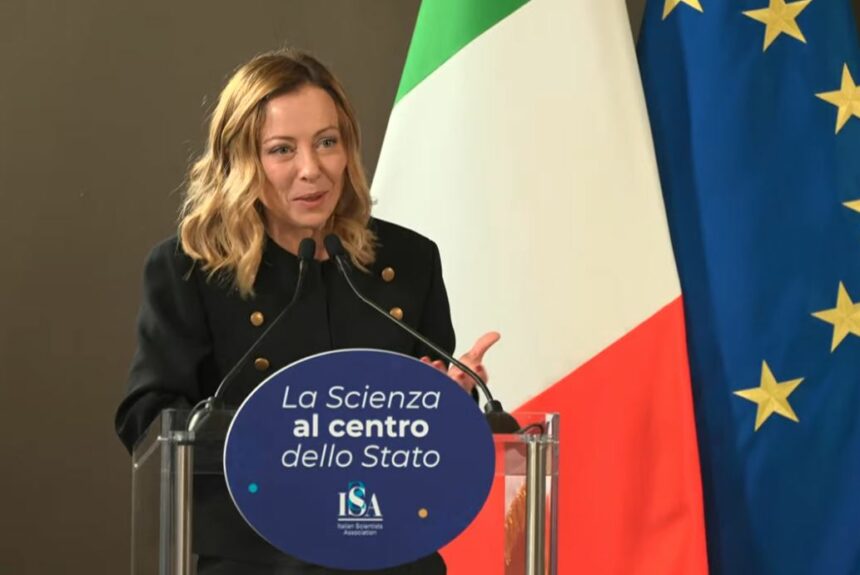For the last several decades, the promise and potential of nuclear energy has been linked to the word “renaissance.” If Italian Prime Minister Giorgia Meloni gets her way, the birthplace of the Renaissance period could soon have its own nuclear renaissance.
Italy’s relationship with nuclear is similar to several other countries around the world. After the incidents at Three Mile Island and Chernobyl public support for nuclear waned in the United States and around the world. Countries phased out nuclear power, prohibited new construction, or did both. While nuclear was never a major part of Italy’s electricity portfolio (peaking at 4.6 percent in 1986), they shuttered their last two plants in 1990.
>>>READ: Advanced Nuclear Reactor Breaks Ground in Wyoming: Can it be the First of Many?
Granted, the two events do not belong in the same category when it comes to actual harm caused. There were no deaths, injuries or health effects from the incident in Pennsylvania while the Soviet Union built a flawed reactor in Chernobyl that was never built anywhere else in the world. Countries rejected the design, and the reactor would have never passed regulatory standards the U.S. had in place. Even so, the reputational damage to nuclear had been done.
35 years later, the Italian government is reconsidering nuclear to meet the country’s energy needs and environmental ambitions. Italy’s energy minister is pursuing legislation to have next-generation reactors operational within a decade and hopes to take nuclear’s share of the country’s electricity mix from 0 to 11 percent by 2050.
Italy is far from alone in its pursuit of more expanding nuclear power. At the end of COP28 in Dubai last year, the U.S. and 21 other countries (which did not include Italy), signed a declaration to triple global nuclear energy capacity by 2050. The declaration emphasized the many advantages nuclear offers. It is a clean, firm power source and the second largest source of emissions-free power behind hydropower. Nuclear is extremely energy dense, has a small land footprint, and could be a viable clean power source for hard-to-abate industrial sectors.
And nuclear is important for European and global energy security. Europe is finally on a path to wean itself away from its longtime dependence on Russian natural gas. The roadmap away from Russian dependence is more diversification and choice. Nuclear power can be part of the solution.
>>>READ: Texas Explores Expanding Advanced Nuclear Power
To be sure, the economics of nuclear matter, too. Affordable, clean electricity is a means to an end. It is an invaluable input for powering modern life. Higher prices mean households have fewer resources for other priorities and businesses have fewer resources to invest in people and innovation.
Policymakers in Italy and elsewhere must understand that for nuclear power to be successful, it needs to be cost-competitive. It is undoubtedly a step in the right direction to lift nuclear moratoriums and reverse course on phasing out nuclear energy, because those decisions have nothing to do with the economics or science around nuclear power. But policymakers must also take on the difficult challenge of reducing government-imposed barriers and open markets to trade, investment, and innovation. Only then will nuclear experience the rebirth that policymakers are increasingly pushing for to happen.
The views and opinions expressed are those of the author’s and do not necessarily reflect the official policy or position of C3.
